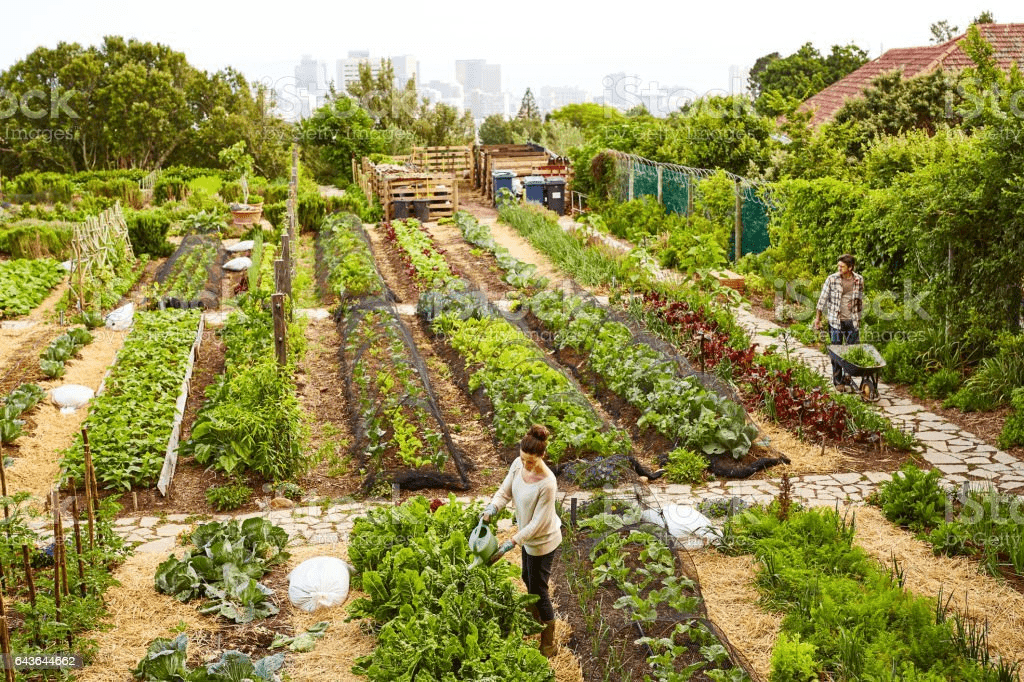May 27, 2022
Green and good: 8 urban farmers creating jobs that leave no one behind

Stock Photo of Urban Farm
Editor’s Note: Urban growing has the potential to not only improve food security in cities, but also to support potentially vulnerable and disadvantaged communities in doing so. From rehabilitating unhoused people to providing employment opportunities for refugees, this list highlights projects which are prioritising social justice in their urban farming work.
CONTENT SOURCED FROM SUSTAINABLE URBAN DELTA
Written By Nathalie van Wijkvliet
More and more urban food producers are not only focused on providing urban dwellers with fresh, nutritious and sustainable food, but also on creating jobs for people who traditionally suffer from barriers to employment. From veggies grown by adults with autism to homeless people becoming agropreneurs and refugees preventing food waste: meet the urban pioneers that produce with purpose.
1. Greens you can feel good about
Nearly half of 25-year olds with autism in the United States never held a paying job. Yet the daily structure and personal fulfillment of employment is just as essential for individuals with autism as it is for any other adult. At the Greens Do Good urban farm, people with autism plant, seed, water and harvest organic greens that are sold to local community members and restaurants – all at a pace that is tailored to their needs.

Credit: Mudlarks Community Garden
2. A place where plants and people grow
Mudlarks Garden in Hertford, United Kingdom, is an inspiring example of how local food production can make a difference for some of the most vulnerable members of our communities. From growing vegetables in the community garden to maintaining gardens of elderly people or preparing and serving local food at the Mudlarks Café, all projects support local people with learning difficulties and mental health issues. Mudlarks Garden enables them to take a full and active role in our community, and lead more fulfilling lives.
3. Zero waste of food and human talent
Although not an urban farm, Trash’ure Taarten in Nijmegen, The Netherlands, couldn’t be left out of this list. there’s no space for food waste. At this award-winning bakery, there is no space for food waste. There is space for human talent though. Refugees – suffering the highest unemployment rates in the entire country – turn rescued fruit and vegetables into delicious sweet and savory pastries.
4. Cultivating hope for the homeless
In Kuala Lumpur, Malaysia’s capital, hope for the homeless is cultivated at the Anjung Kelana transformation centre. The ‘Hijrah Warrior’ urban farm project teaches homeless urban citizens how to grow and harvest crops such as cucumbers, kangkung, okra and corn. After a successful training, the brand new agropreneurs are provided with land to cultivate, so they can become independent, earn a living and inspire others to follow their path.


